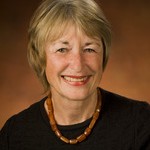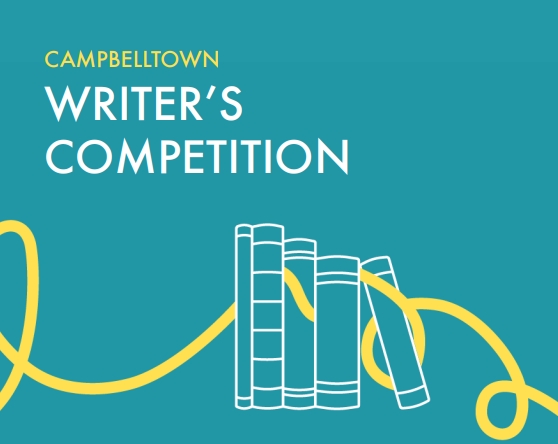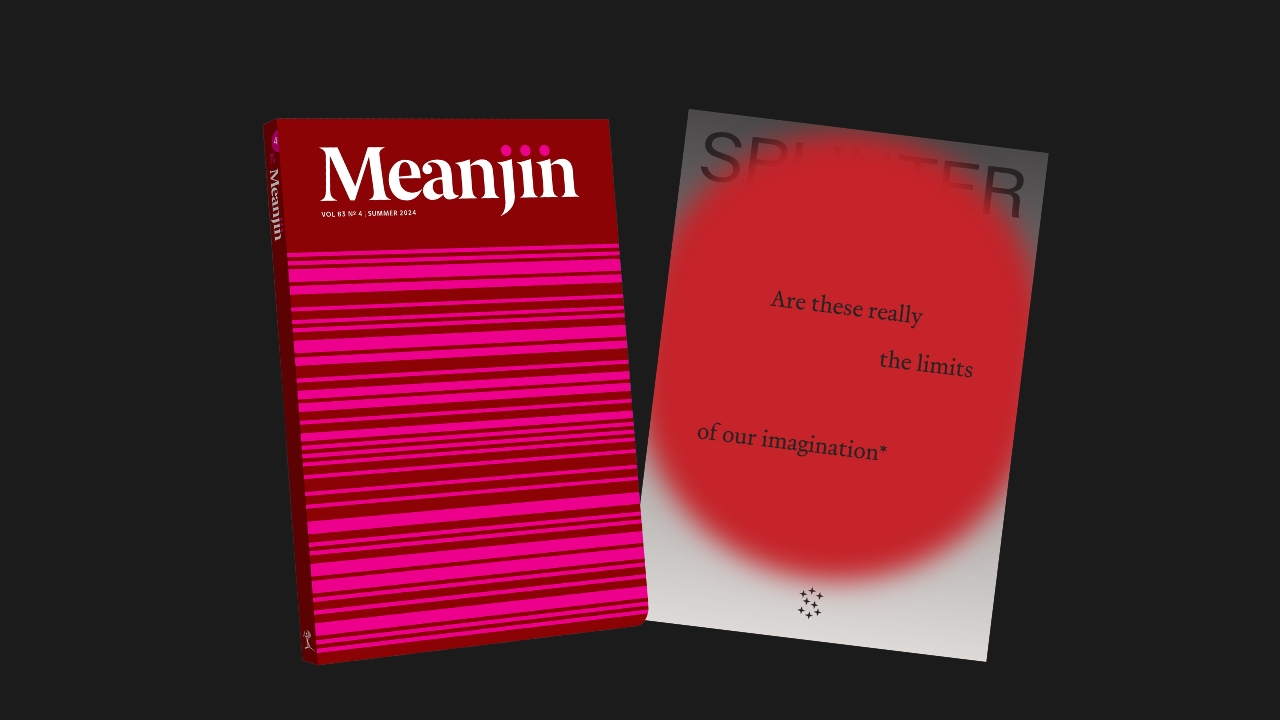Food writing, paradoxically, is not really about food. Or not objectively about food in isolation. More often, food writing is about people and their experiences of growing, sourcing, cooking, offering and eating food; it’s about their relationships with food, their memories associated with food, the place of food in their lives. Writing about food is writing about life.
Food writing can take many forms, from restaurant reviews to travel-and-eating stories, from memoir and fiction to recipes and market descriptions. It can explore the origins of a particular dish or explain the evolution of certain culinary traditions. Why did parsley and garlic come to represent à la provençale? Is laksa derived from a Chinese noodle soup? And when and where were noodles invented?
Food writing can be imaginative or persuasive, sensuous or educational, informative or opinionated. Food can be as much a means of expression as the focus of the writing. In fiction it might have the role of nuancing character – the choices a person makes, the way she eats – or of enhancing a setting. It can help create tension in a story: how will he react to the dish she has spent the whole day cooking? In these contexts food is less the topic than a tool of expression.
Above all, food writing should be enjoyable to read and appeal to a broad audience – hence the importance of describing flavours and textures in an honest, lively way that engages readers’ senses.
The workshop I’m running on 19 October will review a variety of styles and forms of writing about food, examining why the authors have included food and how they have written about it. It will discuss the ways to express a taste experience in words, the value of metaphor and the clichés to avoid.
Barbara Santich is an internationally renowned food historian and food writer whose latest book, Bold Palates: Australia’s Gastronomic Heritage (2012), was shortlisted in the non-fiction category of the 2013 Prime Minister’s Literary Awards. Since 2007 she has taught food writing at the University of Adelaide and in 2013 she edited a collection of short stories by food writing students, Dining Alone.








